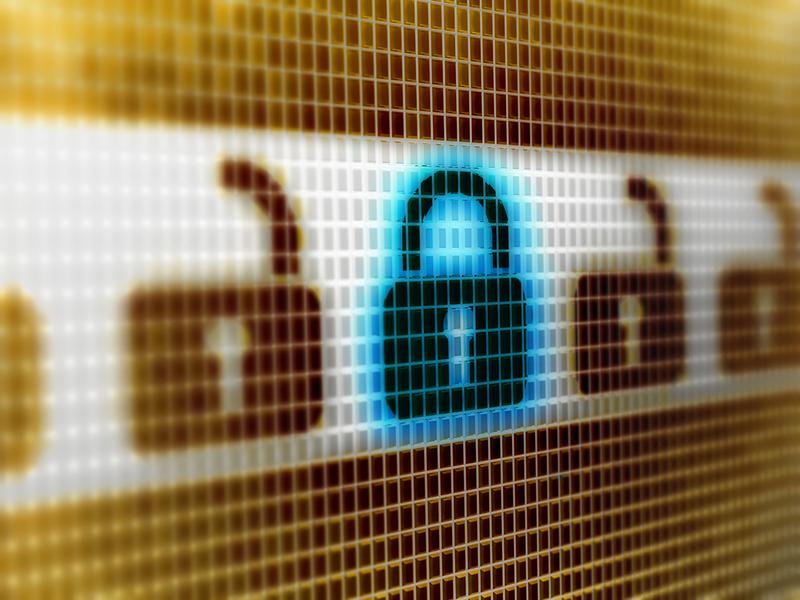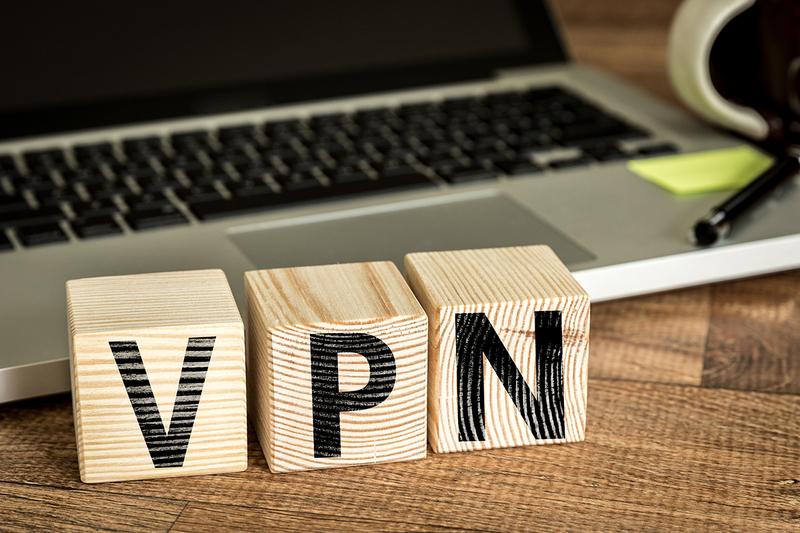The End of Net Neutrality is Inevitable Fight Back by Using VPN

The Internet may be the most democratic structure ever fashioned by human beings thus far. Forget governments – if you want to see real human equality, look to the Net. This equality shows in the enormous range of available content. You can find almost anything. And, like humanity itself, that continuum spans exquisite beauty and utter depravity, plus everything in between. If we were created in God's image, the Internet was surely created in ours, or at least the image of what we'd like to be: fair, unbiased, with an equal voice for all.
Of course, that's not how we actually are, but it's one of the ideals humans have striven toward for millennia. And it's more or less been achieved in the form of the Internet. It's a place where every voice, every idea, and every creation stands, for the most part, upon equal footing. This technological democracy is known as net neutrality. And what's sad is that it's coming to an inevitable end. The approaching death of net neutrality means the playing field will no longer equal. But there are ways to fight back, including by using VPN.
What Is Net Neutrality?
Net neutrality is a term that describes a particular state of computer networking. When a network is “neutral,” it means that all different types of content moving across it are given equal transmission priority; certain types of content don't pass through the network more quickly than others. It all has equal weight, and none of it is blocked or subjected to slow downs based on its type.
The Internet is essentially one giant computer network. All content transmitted across it is first broken into computer packets. The packets move through the network and are reassembled into the original message when they reach the receiving end of the transmission. The Internet is a packet-switched network, meaning packets may not all travel the same route to their destination. Each packet has markers that designate the type of content inside it. The markers also contain the IP addresses of the sender and receiver. All content, from emails, texts, web pages, and online video games travels via packets. Net neutrality exists when, barring congestion or equipment failure, all packets have an equal chance of reaching their destination at roughly the same speed. All information is equal, a true democracy. We've enjoyed this state of affairs for about 20 years now.
The Inevitable End of Net Neutrality
But net neutrality will inevitably come to an end. Phone companies, cable companies, and ISPs will eventually carve the Internet up into fast and slow lanes, charging wealthy owners of fast lane content (Microsoft, for example) a speed premium that smaller companies won't be able to afford. Content that competes with that of the big providers could be slowed to a crawl or blocked altogether. The loss of net neutrality will equal defacto censorship based on the sale of speed lanes on the Information Superhighway to those who can afford them. Everyone else will find themselves relegated to the slow lane. ISPs are already slowing down delivery of content like Netflix streaming video in favor of their own streaming services.
There's simply too much money to be made regulating bandwidth for Internet democracy to last forever. Even though the American FCC voted to establish strong net neutrality laws in May, 2014, new bills are currently being introduced to begin the undermining process. Legal loopholes in the European Parliament’s vote on the future of their Internet could also start weakening Europe's net neutrality laws.
How Does VPN Fight The End of Net Neutrality?
VPN can help fight back against the coming end of net neutrality. The way it will help is by geo-shifting your location, encrypting the content you're using, and bypassing points of Internet congestion.
• Geo-shifting your location unblocks content. – The Net is already very much NOT neutral in certain parts of the world. Parts of Asian and the Middle East heavily restrict what their citizens can look at. VPN fights this by allowing you to borrow the identity of a computer in another country. This unblocks content that may be restricted in your region by making it appear that the request for the content is coming from somewhere else.
• Bypassing network congestion. – As Internet speeds become more unfairly balanced between fast and slow lanes, traffic will surely pile up in the slow lanes. The geo-shifting abilities of VPN should help you navigate around some of that congestion. This is one reason it's important to use a VPN service with servers in as many countries as possible.
• Hide your content by encrypting it. – Most of the future losses to Internet traffic equality will probably occur at the ISP level. One of the ways net neutrality is already under attack is via a practice called ISP throttling. ISPs currently throttle (slow down) certain types of content moving between their network and your computer. Their motive is to increase profits, which is also the motive for attacking net neutrality in general. The way ISPs throttle content is by inspecting the packets you're consuming, and slowing down their delivery based on the type of data they contain. For example, streaming video packets may get throttled because they use a lot of bandwidth and may compete with an ISP's business arrangement with their own video service provider.
Net neutrality, the fact that every piece of information online enjoys equal standing, is a beautiful idea. It really is the closest thing to real democracy modern humans have ever achieved. But human nature being what it is, it's not going to last. Telecom companies that already operate as virtual monopolies have tremendous power to help rewrite regulations so as to increase their bottom line. And in this world, the bottom line is everything. Fight back against to inevitable end of net neutrality by using VPN now.



